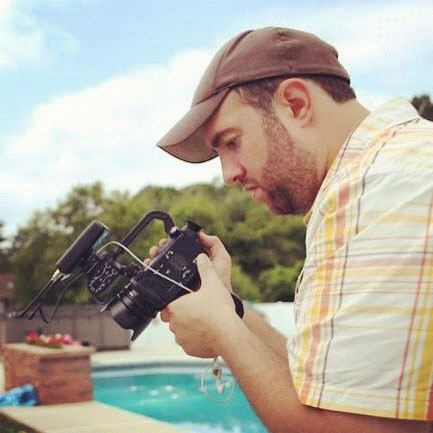Recently I published a blog post on my website that took me close to two weeks to put together. I spent a lot of time collecting information, collaborating with experts and combining all I had in crafting this monstrous piece of content. (I’ll link to the post at the end. I want you to keep reading). Once the post was finished — and by finished I mean carefully edited, rewritten and edited again until I had it perfect — I personally wrote an email to everyone in my contact list who I thought would appreciate it. I asked them to provide their opinion, and there was one type of feedback that I kept hearing from people in our industry: “You’re working too hard. This is at least 3 posts. You can break this content up. I recommend that you write shorter posts. Good info, but I’d say overwhelming.” Hmmmm…. So apparently this post was too much. It was too big. Is it possible that I overdid it? I say, “NOPE!” This blog post was shared a record number of times for my site, and a lot of other people were blown away. My goal was to create an EPIC post. Epic content gets shared. Readers want a one-stop shop for information on a particular subject. Sure, my post could have been broken up, but then it wouldn’t be epic. In fact, it would just end up being annoying because I would have to email everyone every time the next post went live. I know it’s a lot of work, but I’m all about EPIC posts, and so is Google. I don’t have many posts on my blog(s) because I try to make each post extremely special. So far, it’s been working out. My big posts are getting shared and talked about more than my short one-off posts that I’ve done in the past. However, short doesn’t always mean bad. If the post has some incredible info in it, then short might be the way to go. For instance, if I do a video or an infographic, I may only follow it up with 500 words or less. I used to think I had to publish something every day, which would lead to short and boring blog posts that no one was reading. But now I am all about the big, EPIC posts. I don’t have a huge following — I mean, it’s a site about pool care, pretty boring — so I have to attempt to blow them away every time. I have to really care about everything I write which forces me to spend more time promoting it. It’s hard work, but totally worth it! The good news is traffic is soaring. Can’t complain about that 😉 Here is a link to the post I’m talking about: How to Lose Weight in a Hot Tub. Happy Swimming!
Matt Giovanisci is the creator of Swim University, an online guide to pool and spa care, and has over 15 years of experience in the industry. He is also an award winning web designer and has been featured on Martha Stewart Radio as a pool & spa expert. You can follow him on Facebook and Twitter.




